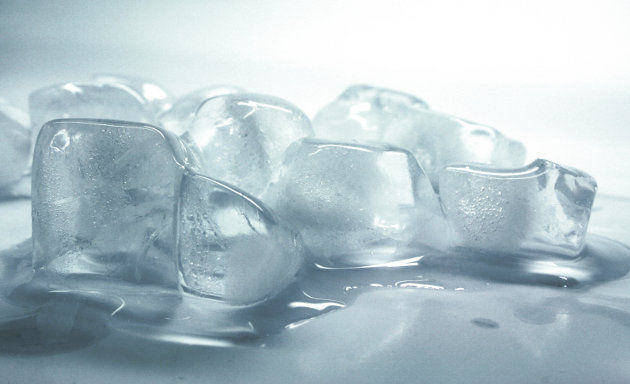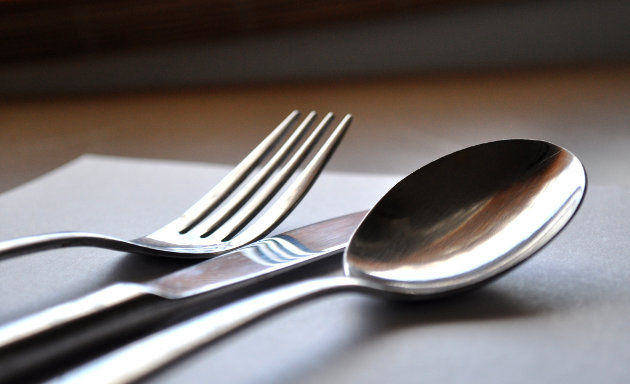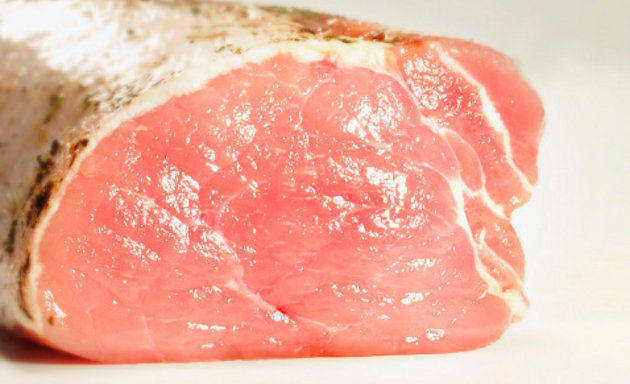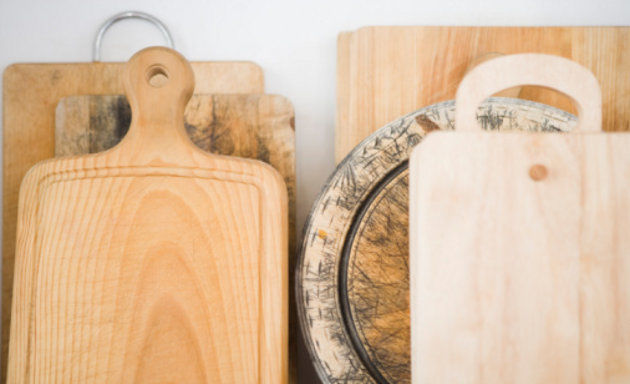Surely you have already seen many times, thanks to our recipes, that there are infinite ways to cook chicken. The Italian cuisine on this matter offers us plenty of insights and succulent ideas to experiment with. Although each individual recipe has its own cooking time, there are general indications that can apply in most cases, especially if chicken is not in the company of any other ingredient. So, always starting from the assumption that chicken can be cooked whole or in pieces, let's have a look at which are the cooking times for chicken together.
Baked The most classic recipe of all is definitely the one made in the oven. If it is whole, the cooking time will vary from 1 and 1/2 hours for a fan oven to about 2 hours for a static oven. If it is in pieces, 1 and 1/2 hours of baking time will be enough in a static oven. With a fan oven instead, one hour will be sufficient to have chicken pieces cooked to perfection and ready to taste.
Boiled How many times have you boiled chicken to make broth? You have to know that its optimal cooking time is of about 1 and 1/2 hours if the chicken is whole, or 40 minutes if it has been chopped into pieces. The whole thing cooked strictly over a low heat, as grandma would like.
Fried This is one of the tastiest chicken preparations we can make. After all, what is not good fried? Also in this case, it is advisable to use chicken chopped in pieces, but pay attention to the parts to be cooked, as each one has its own cooking time. Indeed, 5 minutes for the breast, 10 for the wings, 15 for the drumsticks and about 20 for the thighs are recommended cooking times. And less than a few minutes to finish the dish.
Grilled Also in this case, you need to pay attention to the chicken parts you will be grilling, as not all of them have the same preparation times. Drumsticks and thighs require about 20 minutes of cooking time, chicken breast is cooked in maximum 10 minutes, whilst cockerels require 40 minutes on high heat.
In the frying pan For an optimal preparation of chicken in a frying pan, we recommend using it chopped into pieces. Cover the frying pan with a lid and let it cook, over medium heat, for 25-30 minutes together with a little water and wine if you prefer. In this way the meat will become tender and tasty. Passed this time, remove the lid and brown the chicken until cooking is finished. And then enjoy it!




